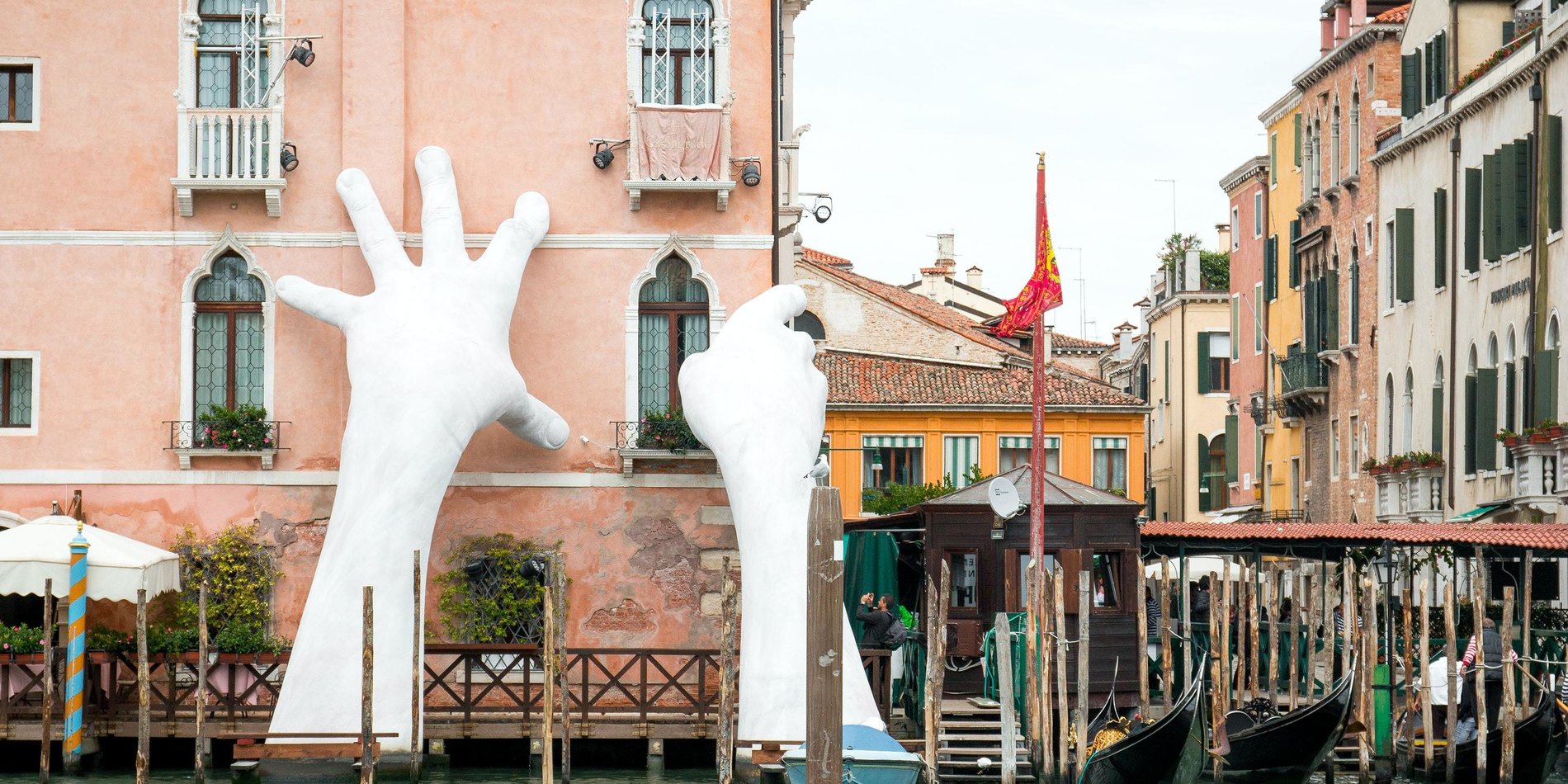TAPS 26N: Can Beauty Save the World?: Climate Change and the Arts
General Education Requirements
Late change! Switching from Autumn to Spring Quarter.
Course Description
“Beauty will save the world.” This striking assertion from Fyodor Dostoevsky, the author of 19th century philosophical novels, seems to gain relevance with the passage of time. Here, “beauty” is not an aesthetic, but an ethical category. This kind of beauty refers to generosity and selflessness towards the others, creativity and honesty with oneself, and care and attentiveness towards the world around us. Deprived of these ethical aspects, beauty remains hollow, empty, and vane. In this sense, beauty is crucial for the survival of our planet and the flourishing of all species that live on it. And of course, beauty is the domain of the arts.
This class is a hands-on exploration of the ways in which the arts can contribute to the general understanding of climate crisis and, more importantly, of the ways in which they can and do contribute to the containment and reversal of global warming. The aim of the class is to help students formulate their ideas in different artistic media and take them out into the world.
Meet the Instructor: Branislav Jakovljević

"For as long as I can remember, I have been interested in political aspects of various forms of art; in the last year, I became convinced that climate action is, now, the highest form of political art. During that time, with my colleagues from TAPS, Diana Looser and Matt Smith, I have co-edited a special issue of TDR: The Drama Review on climate change and performance. What I learned from this experience was, one, that no single art can address global warming on its own, and that in addressing this issue the arts need to take a critical view on their own main premises and histories; and two, that the opposition to climate action has been uniquely effective in turning this crisis into a regime: a general background against which all of the humanity is forced to live, as long as that is profitable for extractive industries.
"My work on climate change and performance follows my research on the so-called social turn in the arts. In my book Alienation Effects: Performance and Self-Management in Yugoslavia, I explored the experience of worker-run factories and artist-run art institutions in socialist Yugoslavia in relation to the development of performance art in the West since the Second World War. This book received the Joe A. Callaway Prize for the Best Book on Drama or Theater for 2016-17 and Association for Theatre in Higher Education (ATHE) Outstanding Book Award in 2017. My first book was on Daniil Kharms, the most inspiring and most tragic poet and artist, who came of age in the first decades after the Soviet revolution and perished in Stalinist purges. I have written extensively on Soviet, American, and European avant-garde and experimental theater, visual arts, film, and literature. The tragic break-up and demise of Yugoslavia, where I was born and raised, is my permanent source of interest. I have written and published on that subject both in the US and in Yugoslavia's successor countries (Serbia, Croatia, Slovenia, and Bosnia and Herzegovina)."




